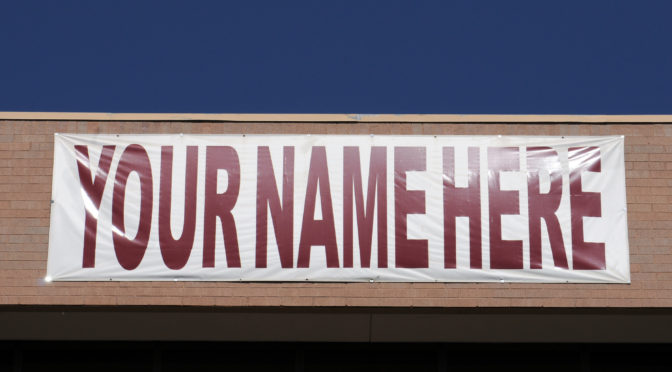Among my guy friends, we do not often call each other by our first names.
“Dude,” “bro,” “hermano,” “brother from another mother” and “yo” are popular favorites, especially in social media postings.
Even when we get close to using our names, it still is not quite right.
Many of my friends call me “Mele,” often as a way to underscore some misstep of mine, as in: “Nice going, Mele.”
It’s also a moniker I use at work, a practice dating back many years when I worked in a newsroom and there were four reporters named Chris.
Anytime someone called “Chris,” we all poked our heads up from our cubicles like prairie dogs.
Among my childhood chums, there are also bastardized names.
Pedro goes by his middle name, Rafael, which gets translated to Ralph, a practice that dates back decades to avoid confusion with his older brother and father, who are also named Pedro.
Silvio gets called “Sliv,” John is “Juanito,” “Father John,” (for his pious ways and strong faith) or “Mannix,” when we want to pass judgment on his driving.
And Rich generally gets referred to as “Super Dad” because he is a committed, all-in kind of father.
Even my younger son has not escaped this convention among my friends.
Years ago, Pedro (aka Ralph) was having a hard time recalling Daniel’s name and took to calling him “Brian.”
That stuck, and after a while, Dan became known as “AKA” as in “also known as” Brian.
Even here at home, my wife and I will refer to him as “YMD” for “Young Master Daniel.”
This was a practice we extended even to our dads, calling them Mr. M, Mr. O, Mr. R, and so forth.
It is a peculiar practice among men, if you think about it.
I mean, I can approach a gas station attendant, a ticket-taker, a cabbie – just about any male stranger — in a public setting and call him “buddy,” “chief,” or “boss” and feel 100 percent comfortable with it.
In fact, I do it pretty often without even thinking about it.
Now could you imagine a woman doing that to another woman?
Somehow, I don’t think so.
My friends and I will on occasion refer to each other by our first names when we are discussing something more intimate.
It is a way to verbally signal a shift in the conversation into a space reserved to keep the serious and the silly separate.
By using the other handles we do, it is a way to keep things light and to hold things at a distance. In other words, the use of the nicknames makes the conversation informal, impersonal and ultimately more comfortable.

